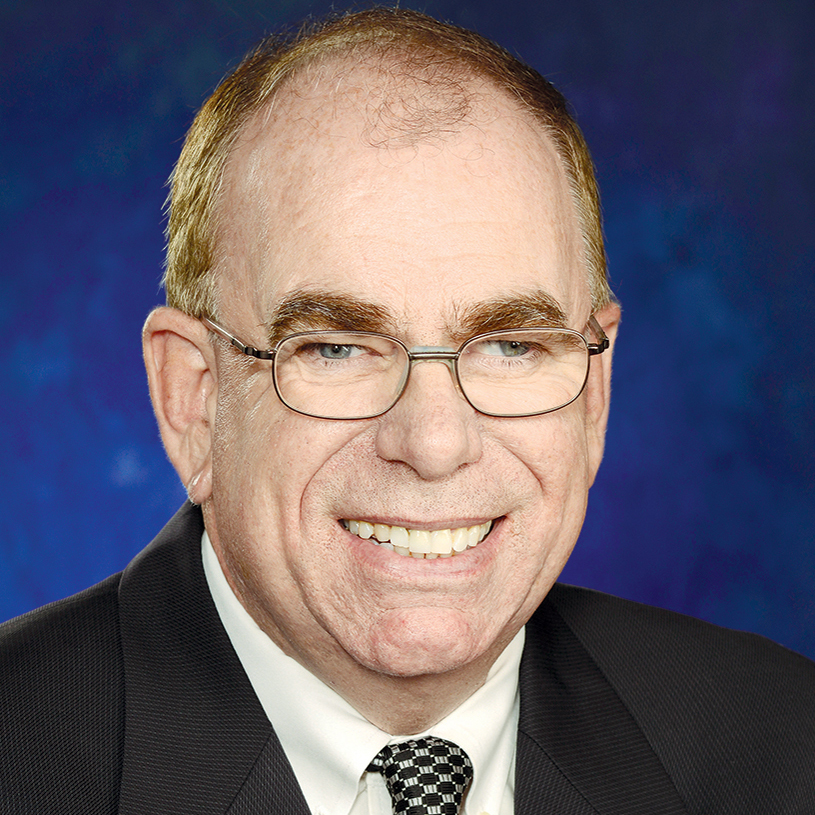
Funny how the proverbial worm turns. And I don’t mean funny as in “ha ha.”
When assisted living operators began bursting onto the senior housing and care scene three decades or so ago, they faced a marketing challenge. Namely, how to convince customers and regulators they were not the same as those yucky nursing homes down the street. That’s not exactly how the challenge was phrased, just considered.
Inspiration on how best to proceed came from the maker of a lemon-lime flavored soft drink. When 7-Up entered the cola wars, it began to call itself the “Un-cola.” We’re not the same as the other guys, the firm insisted. Worked like a charm.
Assisted living operators liberated the idea and essentially marketed themselves as un-nursing homes. The move helped attract crowds. Almost as critical, it also helped keep federal regulators and healthcare licensing requirements at bay.
Policing and other oversight activities should be left to state authorities and not Congress, operators successfully claimed. Key to the industry’s opposition was the idea that senior living is a housing business, not a healthcare operation. Why should licensure be required if healthcare is not being delivered, right? That’s their story, and the field keeps telling it. And despite a massive uptick in residents’ needs in recent decades, the federales have pretty much left well enough alone.
But the senior living field may have just made that position more difficult to defend.
After Argentum and the American Seniors Housing Association (among other groups) recently expressed concerns, the Department of Labor categorized senior living providers as “healthcare providers” under the Families First Coronavirus Response Act.
The good news: senior living operators will be excluded from requirements that they must provide up to 12 days of paid leave for employees who need to care for children due to school closures. It’s not difficult to see why the associations and the industry they represent fought for this break. Without it, adequate staffing during the pandemic would have been all but impossible.
The bad news: the industry officially has asked an arm of the federal government to treat senior living operators as healthcare organizations.
To be clear, I am not criticizing the sector for what it asked the Labor Department to do. To be sure, these are desperate times. In more ways than one. The request makes good sense.
But it’s not much of a stretch to see how it could become problematic. Particularly if lawmakers or regulators begin to question what appears to be a double standard. As in, senior living claims not to be in the healthcare business, except when it’s convenient?
An old admonition reminds us that when we act in haste, we often repent at leisure. Sure hope that scenario doesn’t play out here.

